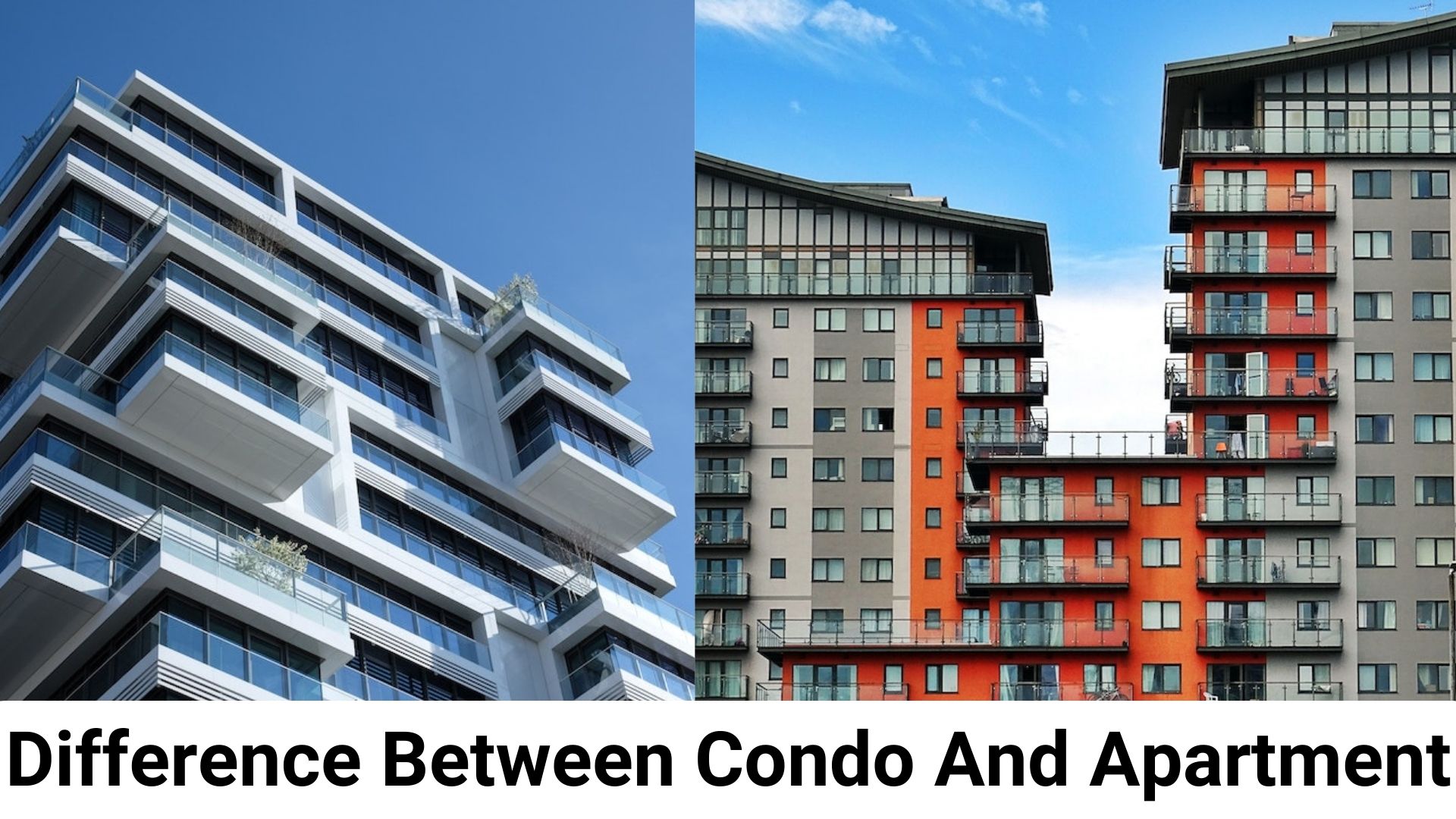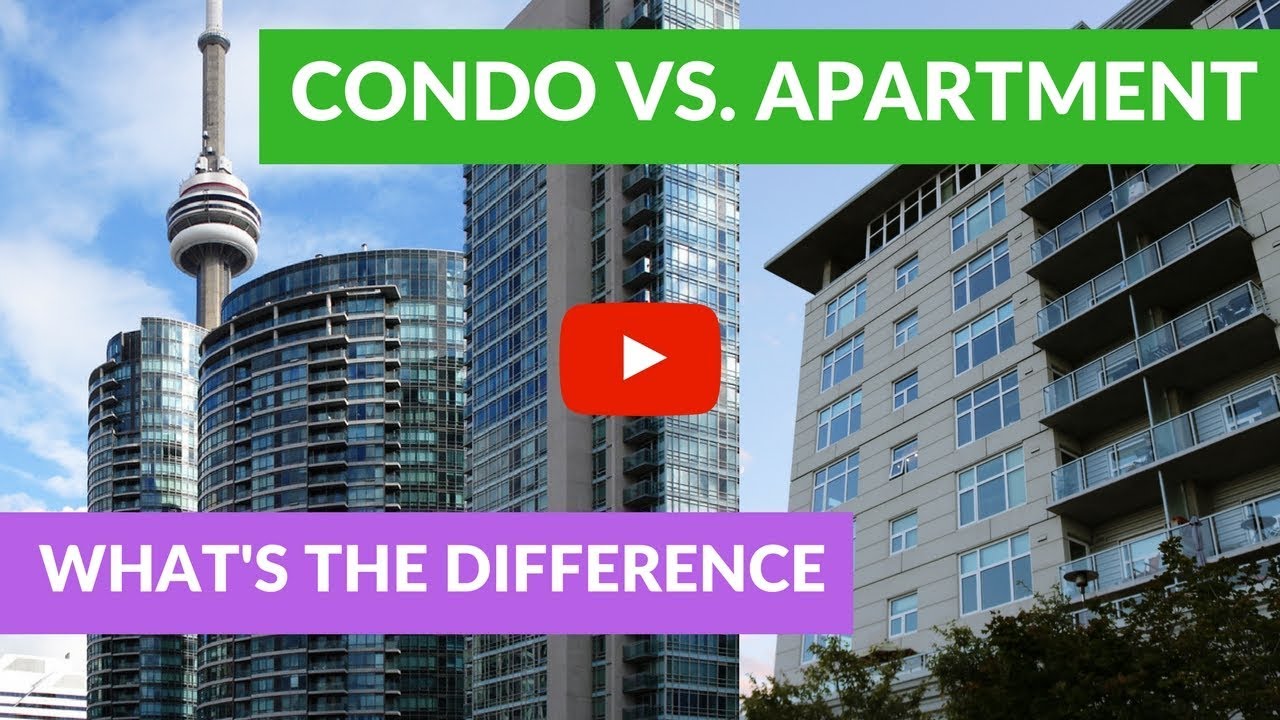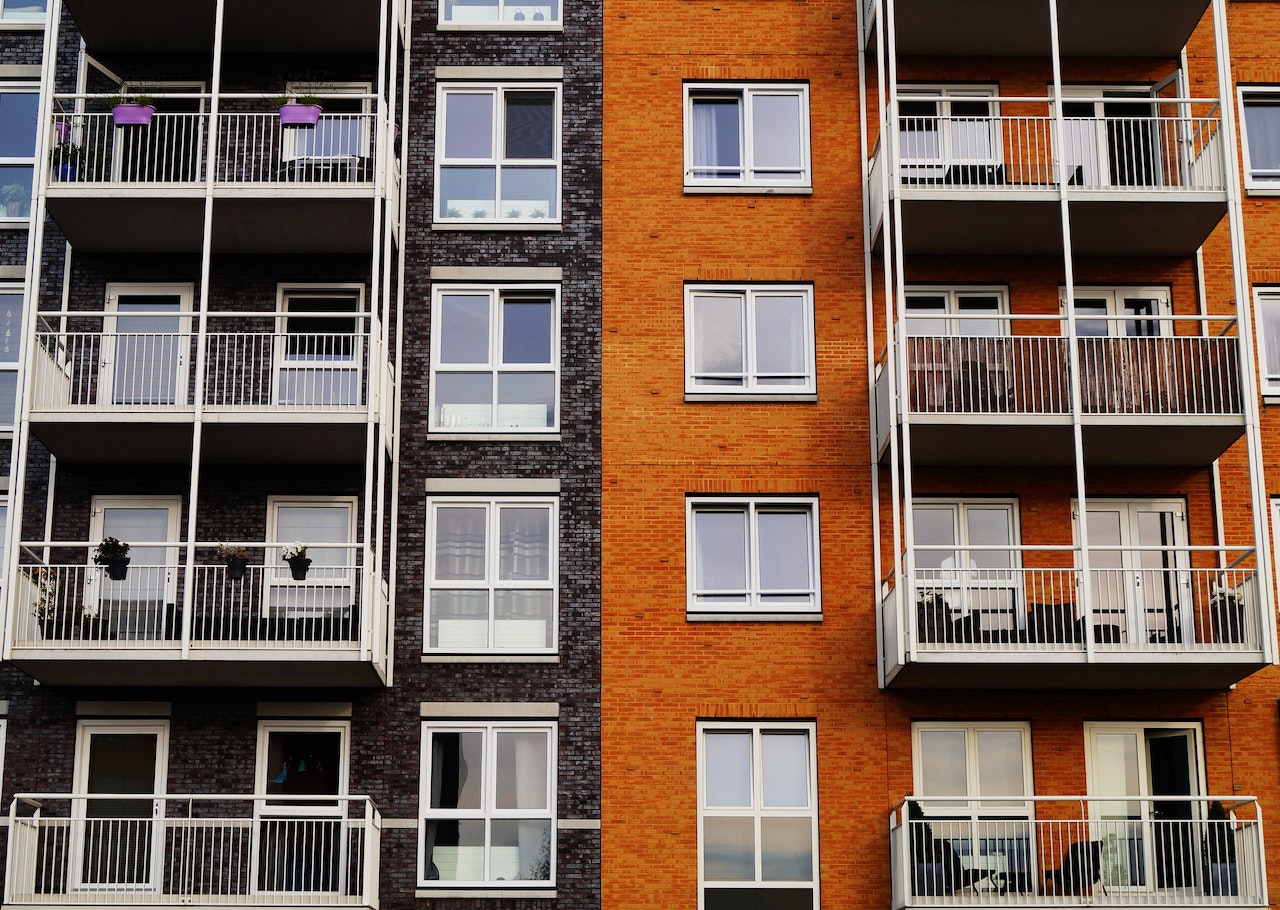Difference Between Condo And Apartment
Ownership is the main difference between condo and apartment. While an apartment is normally controlled by a property management firm that leases out and oversees all of the units, condos are often independently owned and privately leased out. This article compares and contrasts condominiums and apartments and discusses things to consider while making your decision.
Author:George EvansFeb 08, 2023332 Shares110.7K Views

Ownership is the main difference between condo and apartment. While an apartment is normally controlled by a property management firm that leases out and oversees all of the units, condos are often independently owned and privately leased out. This article compares and contrasts condominiums and apartments and discusses things to consider while making your decision.
Difference Between Condo And Apartment
Apartments are characterized as rental homes, often found in larger residential buildings. A condo is a unit inside a larger residential complex that is structurally similar to an apartment but is owned rather than leased. Condominium owners pay the property taxes, and landlords, not tenants, are responsible for paying the property taxes on apartments.
Condo and apartment complexes have a similar structure, therefore their locations and amenities are often identical. Both types of apartments could include perks like a pool, garbage removal, beautifully maintained gardens, on-site gyms, and more.
The distinction is that whereas an apartment renter pays rent each month, doesn't create equity, and depends on the landlord to take care of maintenance concerns, a condo owner pays monthly homeowners association (HOA) dues and is responsible for all interior upkeep.
What To Consider?
Renting an apartment is quite simple in terms of cost. When you start a lease, you often pay a deposit. You could also be asked to pay the first and final months' rent in advance. Then, for the duration of your leasing agreement, you make monthly installments. Owning a condo involves additional expenses and is more complicated.
For a mortgage, you'll put down money, pay closing expenses up front, and pay a home inspection charge. You may put as little as 3 percent down and up to 5% of the purchase price toward closing expenses, depending on the mortgage you choose. Depending on the facilities and services provided, a condo also has monthly HOA dues.
Maintenance
When anything goes wrong in an apartment you're renting (such as a leaking faucet or a broken appliance), the landlord is normally responsible for fixing it. But if you buy a condo, you'll be responsible for paying to remedy such issues. (Top advice for avoiding costly home repairs is provided here.)
Amenities
Condo and apartment buildings often have similar floor plans, whether they are high-rise structures or only a few stories, and as a result, they provide similar facilities. Compare what the different communities in your region have to offer and consider which facilities are most essential to you, such as a doorman, a pool, a gym, or a green area.
Location
When choosing a place to reside, location is crucial. In cities and smaller suburbs, you'll probably find both alternatives since apartment and condo buildings may have comparable structural footprints (they're less popular in rural regions, however). Both kinds of structures may be located close to shops, eateries, parks, and other amenities.
HOA Rules
Rules will be a consideration while deciding between an apartment and a condo. Both sorts of communities include guidelines for acceptable conduct in communal spaces, the kinds of pets that are allowed, and the kinds of external decorations that are permitted.
Additionally, landlords of apartments have the power to regulate what tenants are allowed to do within their residences, including things like hanging paintings or painting walls. Condo owners, on the other hand, often have more creative freedom when it comes to interior design.
What You Will Find In Condos
Despite this, you'll often notice a difference between what you'll discover in flats and condominiums. Because the owner has invested in the property, condos often offer enhanced facilities. You could find amenities like modernized lighting and specialized cabinets if you purchase a condo.
You'll gain from this if you're seeking to rent a condo as well since the owners may have lived there once themselves and are probably eager to find and retain dependable tenants so that their asset is well-maintained.
Condo Maintenance
There is often a higher standard required when it comes to upkeep and standards since most condos are a part of a bigger community where it is thought that the spaces will be owner-occupied. Rules and expectations may apply whether you own or rent a condo, and may include:
- Keeping personal flags and other decorations away from windows.
- Removing pet waste.
- Having a calm period after a certain time.
- Modifying the unit's architecture in any way.
What You Will Find In Apartments
Apartments sometimes feature a more basic, "cookie-cutter" design because building owners kept expenses down by upgrading the majority of the apartments at once. Apartments are more likely to feature basic facilities than fancy ones; for example, laminate countertops instead of quartz or linoleum flooring instead of wood.
Your flat may nevertheless seem tidy, contemporary, and stylish. However, you could discover that the materials and choices selected were designed with the understanding that this room will see more wear and tear than a condo.
Apartment Maintenance
Apartments often have fewer rules and restrictions, but since you work with a huge corporation, they could be less tolerant than condo owners in certain situations. Following are examples of apartment rules and regulations:

What Is The Difference Between a Condo and an Apartment?
- Not adding wall painting.
- Not installing anything other than little nails or hanging anything on the walls (even the bookshelf).
Condo Vs Apartment - Which One Is Better For You?
After reading about the distinct difference between condo and apartment living, we hope you can decide which best meets your needs. Expect a close connection with the owner if renting a condo. As your primary point of contact for practically everything, you must have a positive connection with your owner, who is also your landlord today.
You will interact with a variety of parties while renting an apartment, including an agent, a society committee, etc. These are the folks that will assist you with any matters about your unit. There will also be other tenants like you, so there will be a feeling of neighborhood and community right away. Choose the finest option for you now that you are aware of the difference between condo and apartment.
People Also Ask
What Is The Difference Between A Condo And An Apartment?
An apartment is leased from a landlord, whereas a condo is owned. Apartments have fewer facilities and ownership rights than condos.
Is A Condo A Good Investment?
Condos are decent investments depending on location, market circumstances, and financial objectives. Before investing, investigate and contact financial professionals.
Are Condos More Expensive Than Apartments?
Ownership rights, amenities, and location make condos more costly than apartments. Renters may not pay HOA fees or property taxes, but condo owners do.
Conclusion
In conclusion, it's crucial to take into account the difference between condo and apartment while deciding where to reside. Although they both provide a comparable standard of life, they both have particular advantages and disadvantages. One may choose wisely depending on their requirements and preferences by being aware of the fundamental distinctions between the two.

George Evans
Author
George Anderson, an exceptional architectural designer, envisions and brings to life structures that transcend the realm of imagination. With an unwavering passion for design and an innate eye for detail, George seamlessly blends form and function, creating immersive spaces that inspire awe.
Driven by a deep appreciation for the interplay of space, light, and materials, George's innovative approach redefines the possibilities of architectural design. His visionary compositions leave an indelible mark, evoking a sense of wonder and transforming the built environment.
George Anderson's transformative designs and unwavering dedication continue to shape the architectural landscape, pushing the boundaries of what is possible and inspiring generations to come.
Latest Articles
Popular Articles
